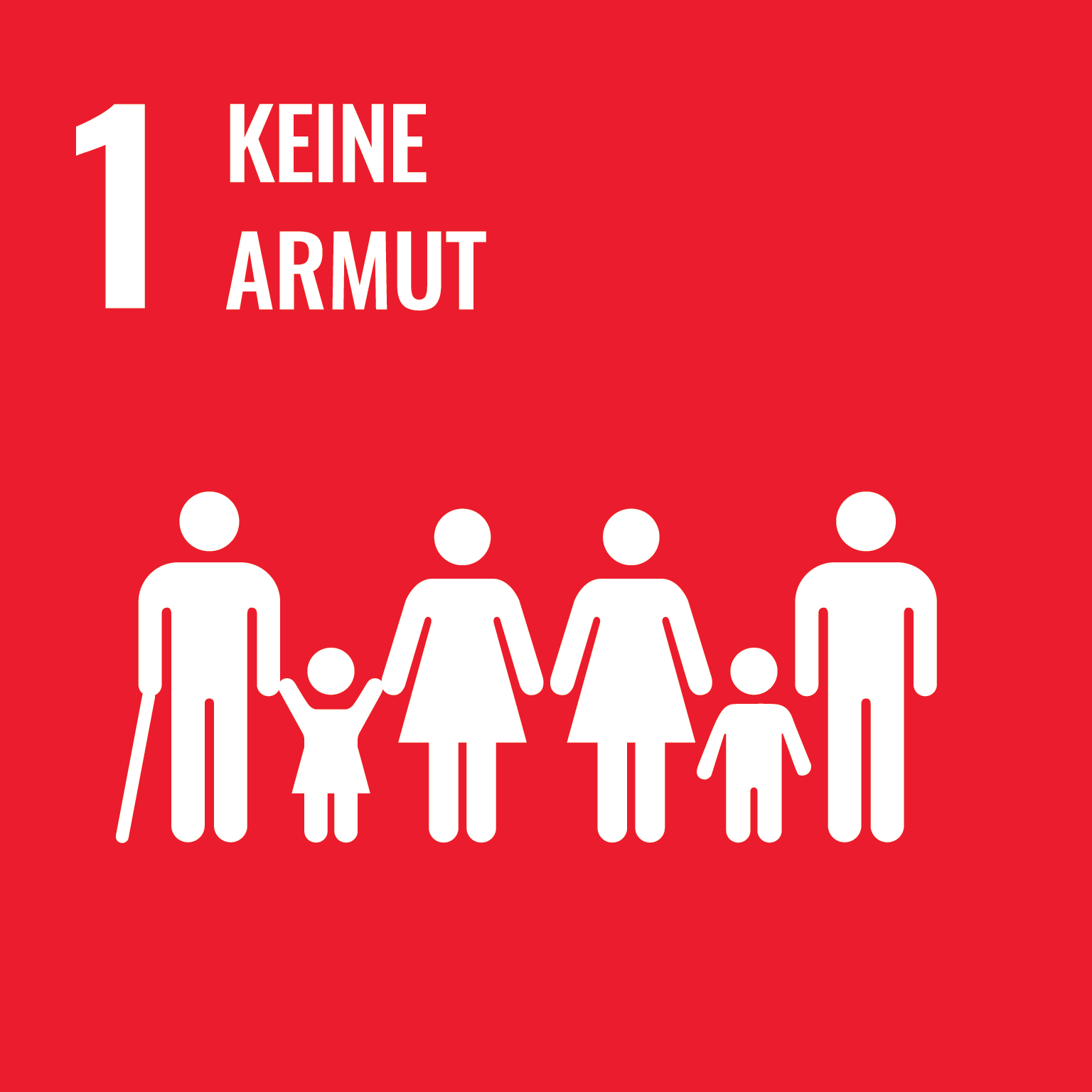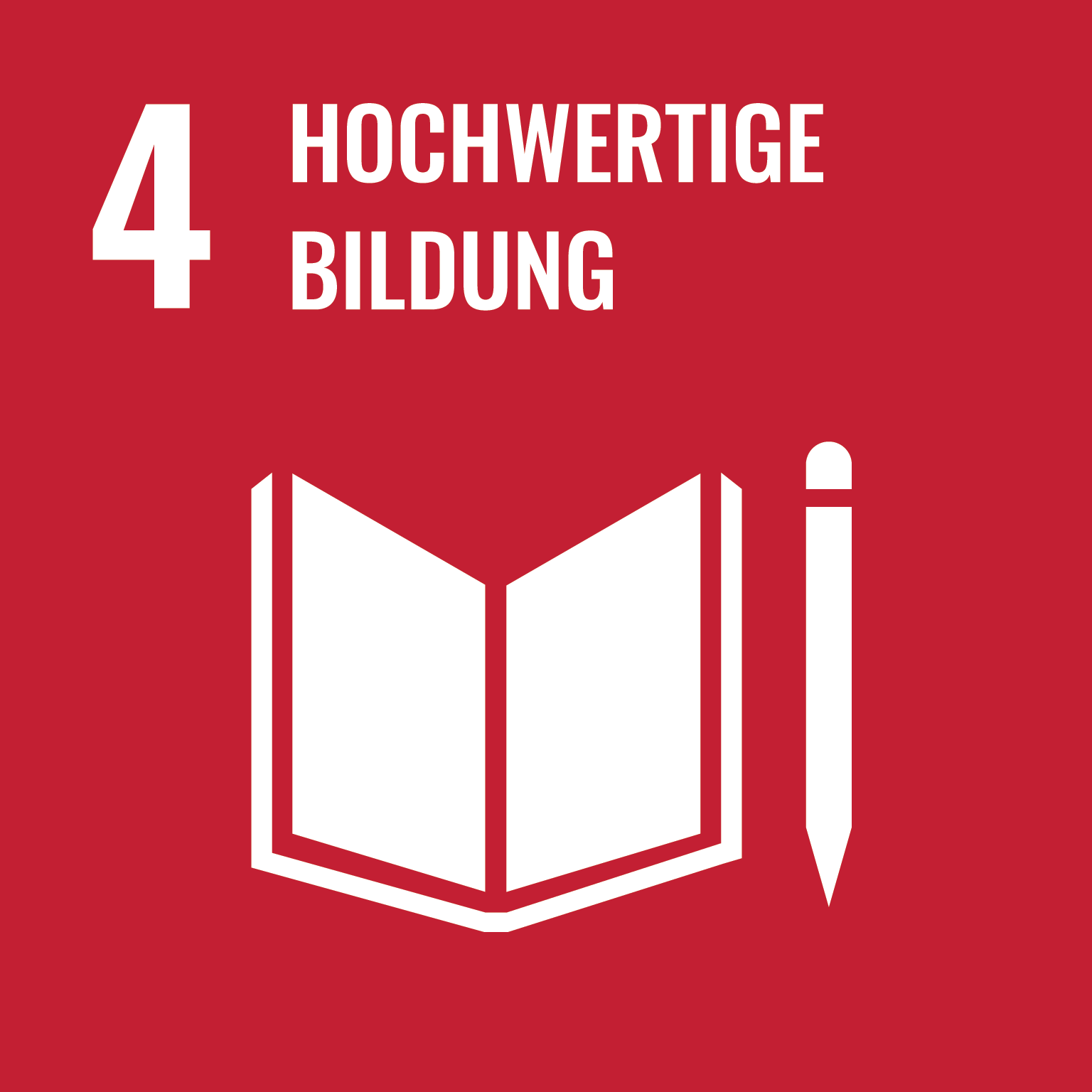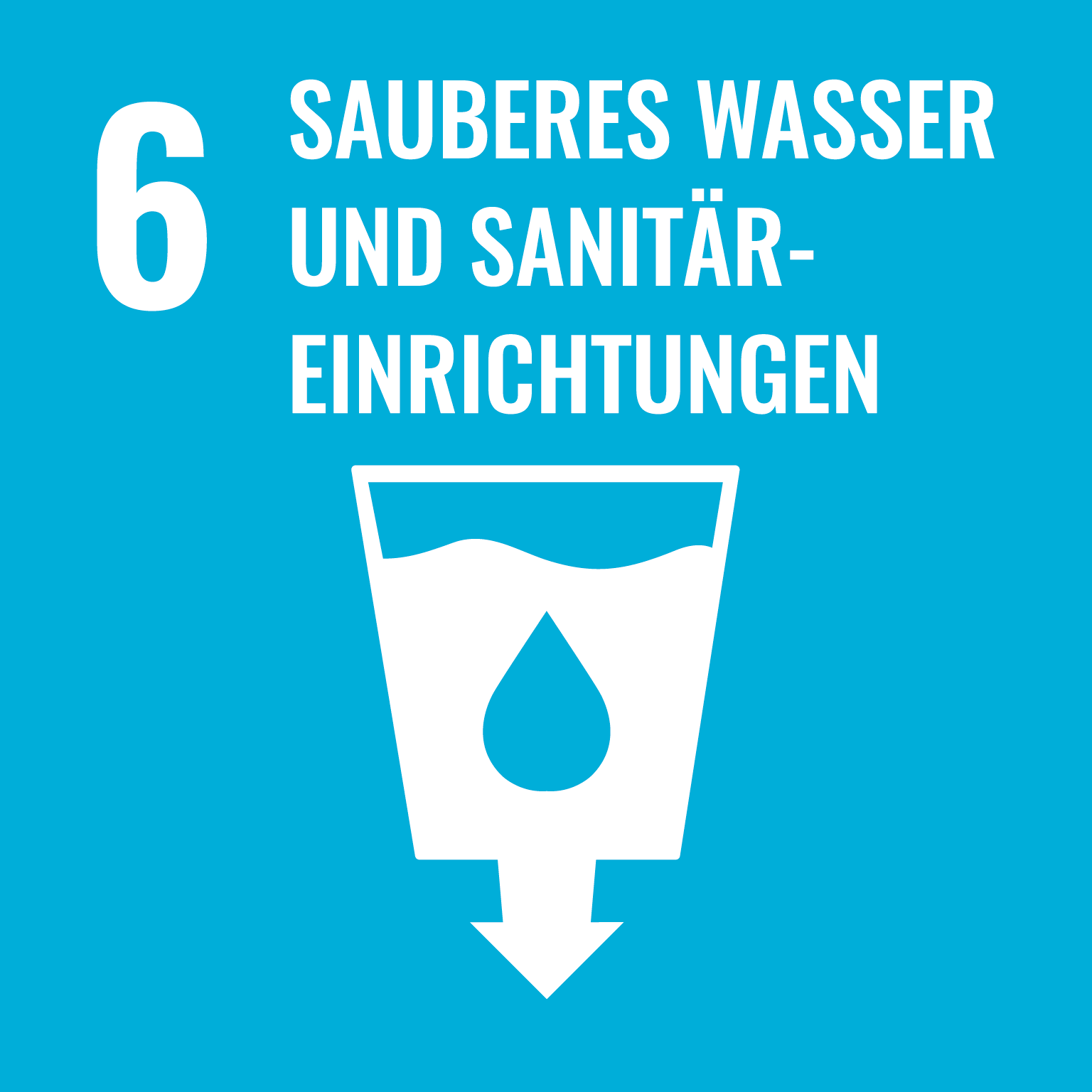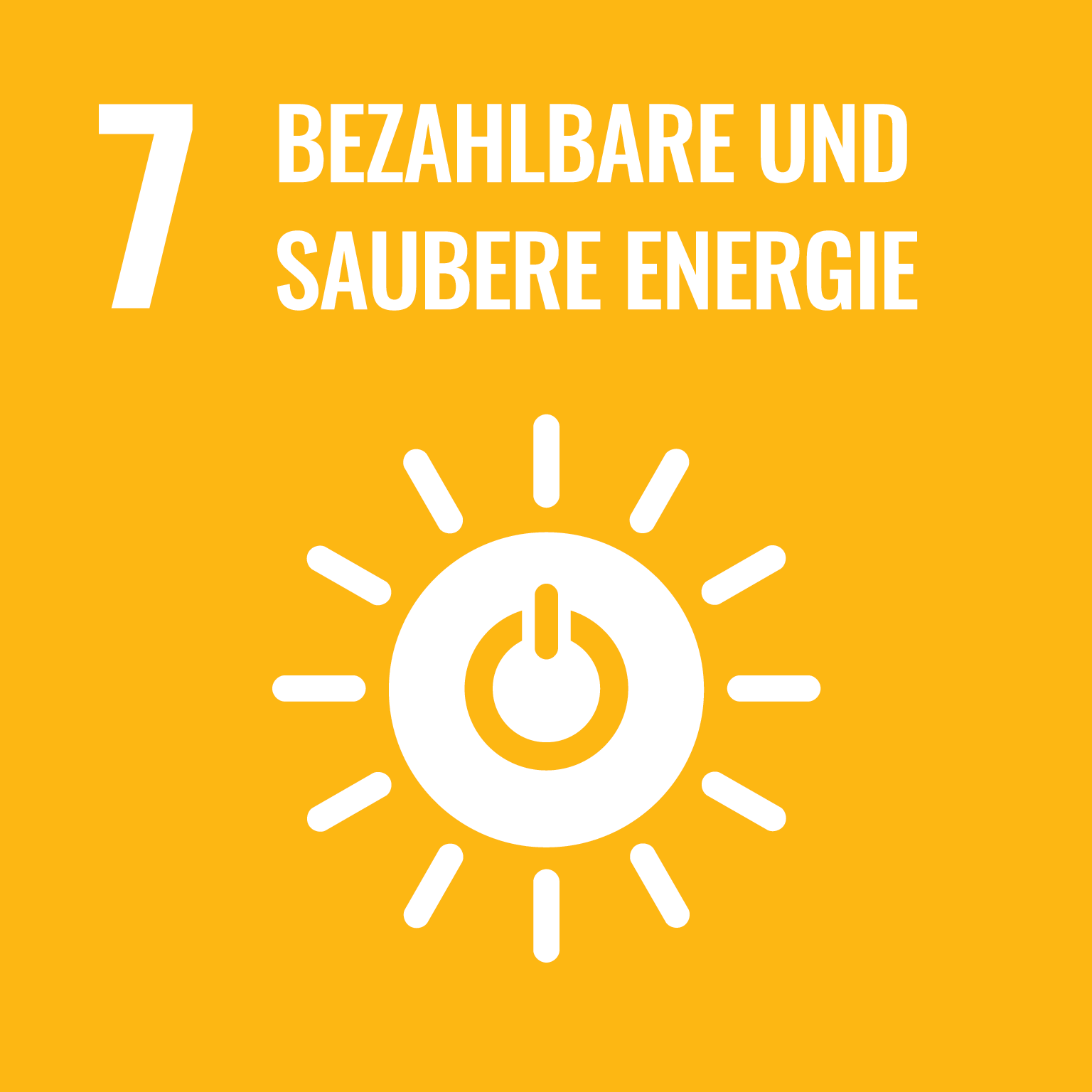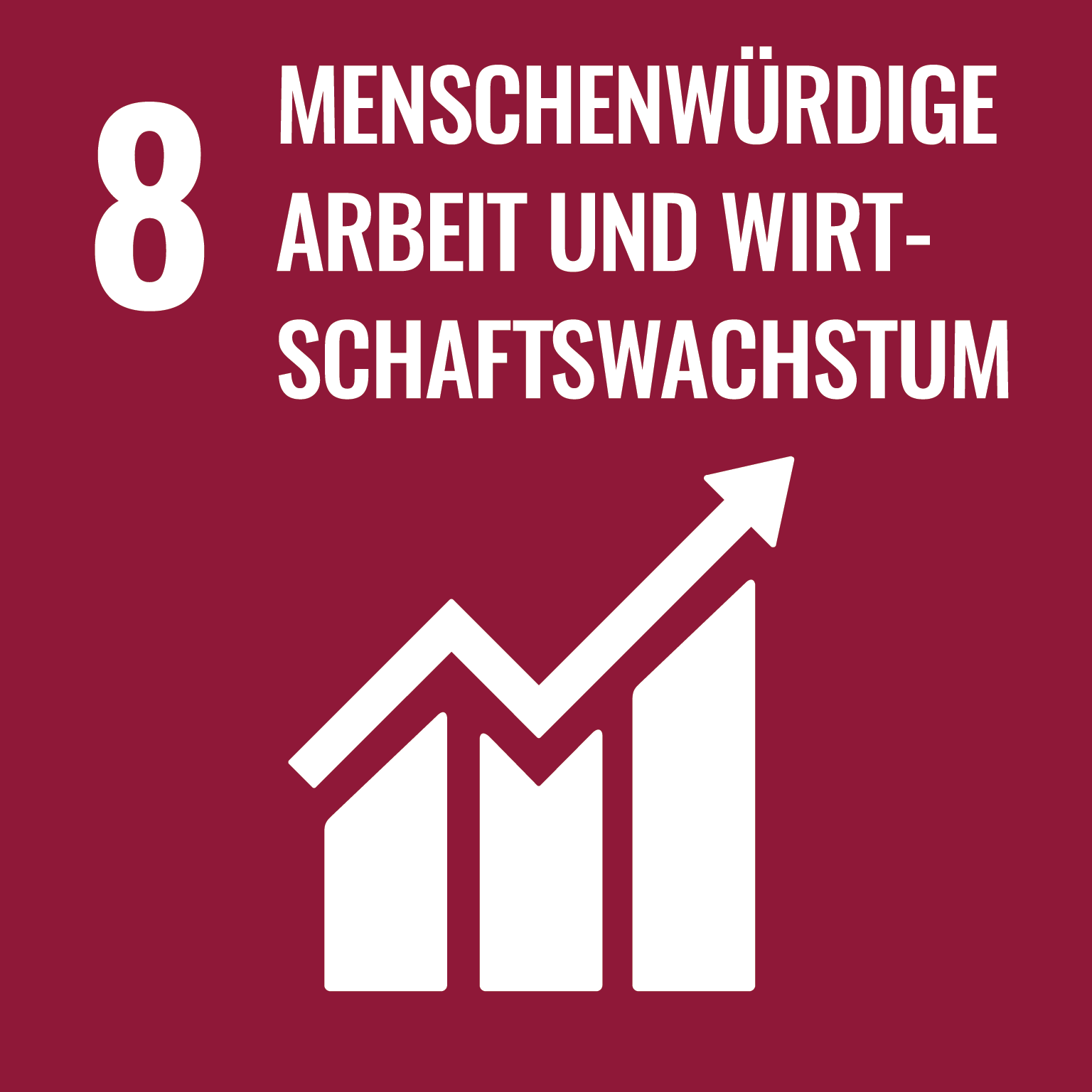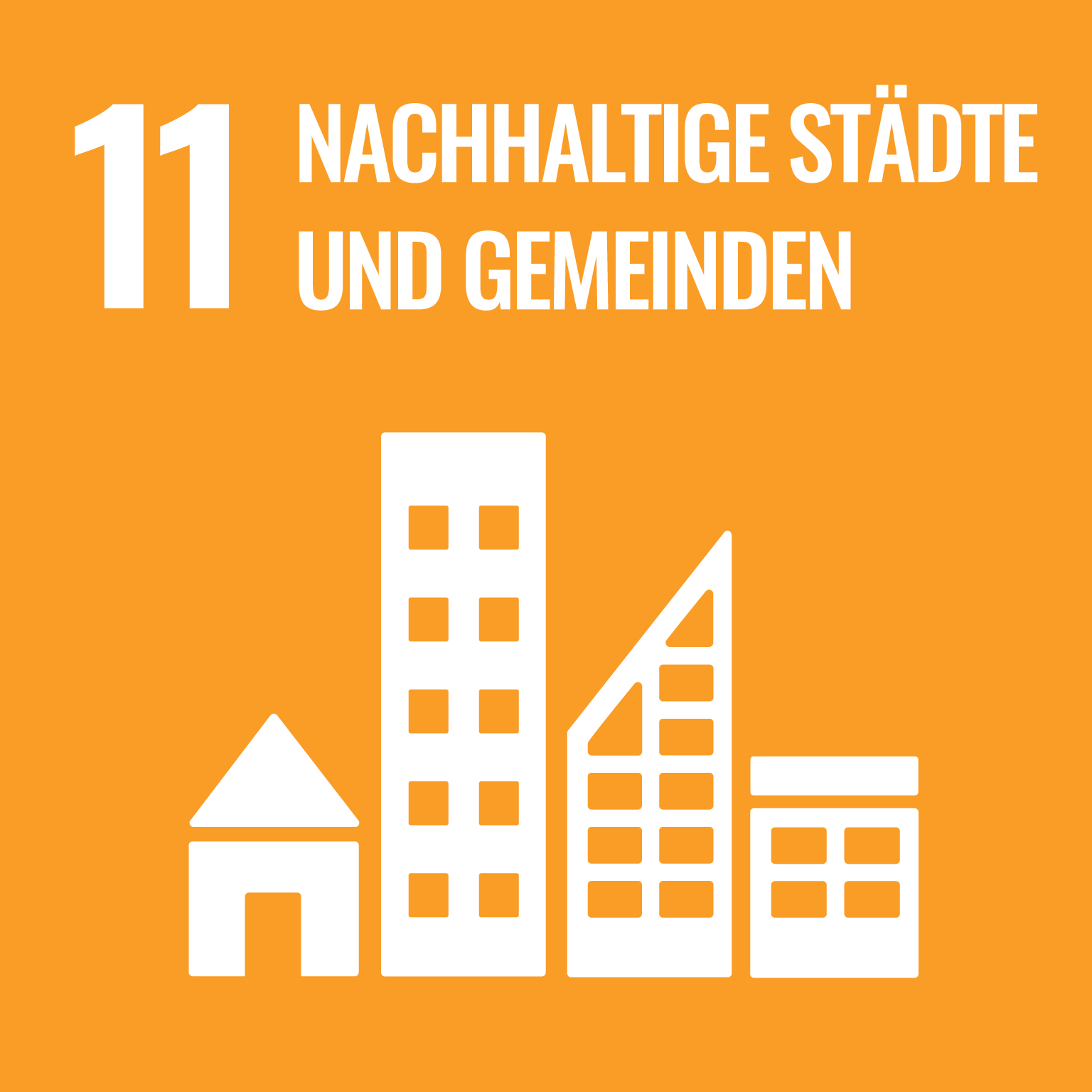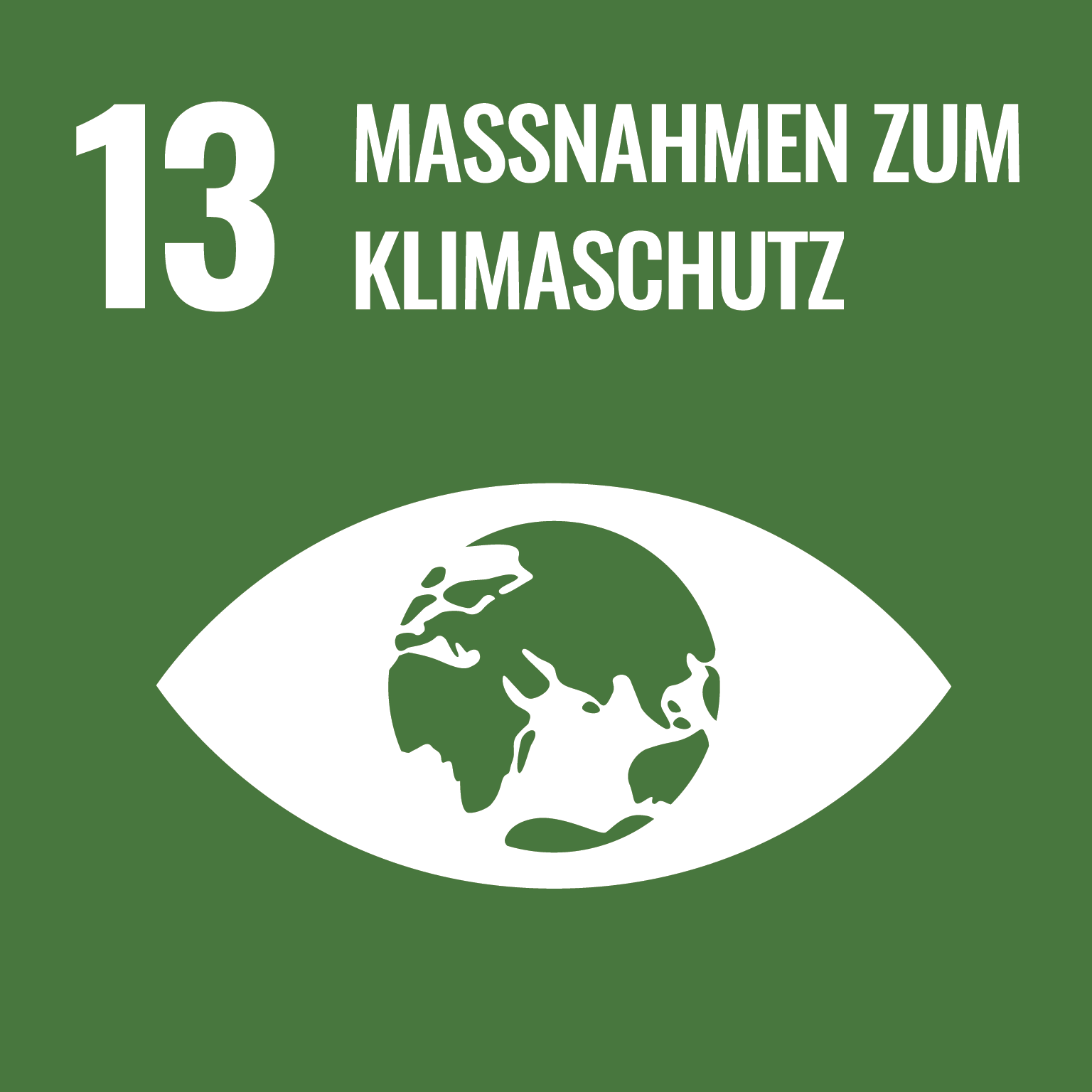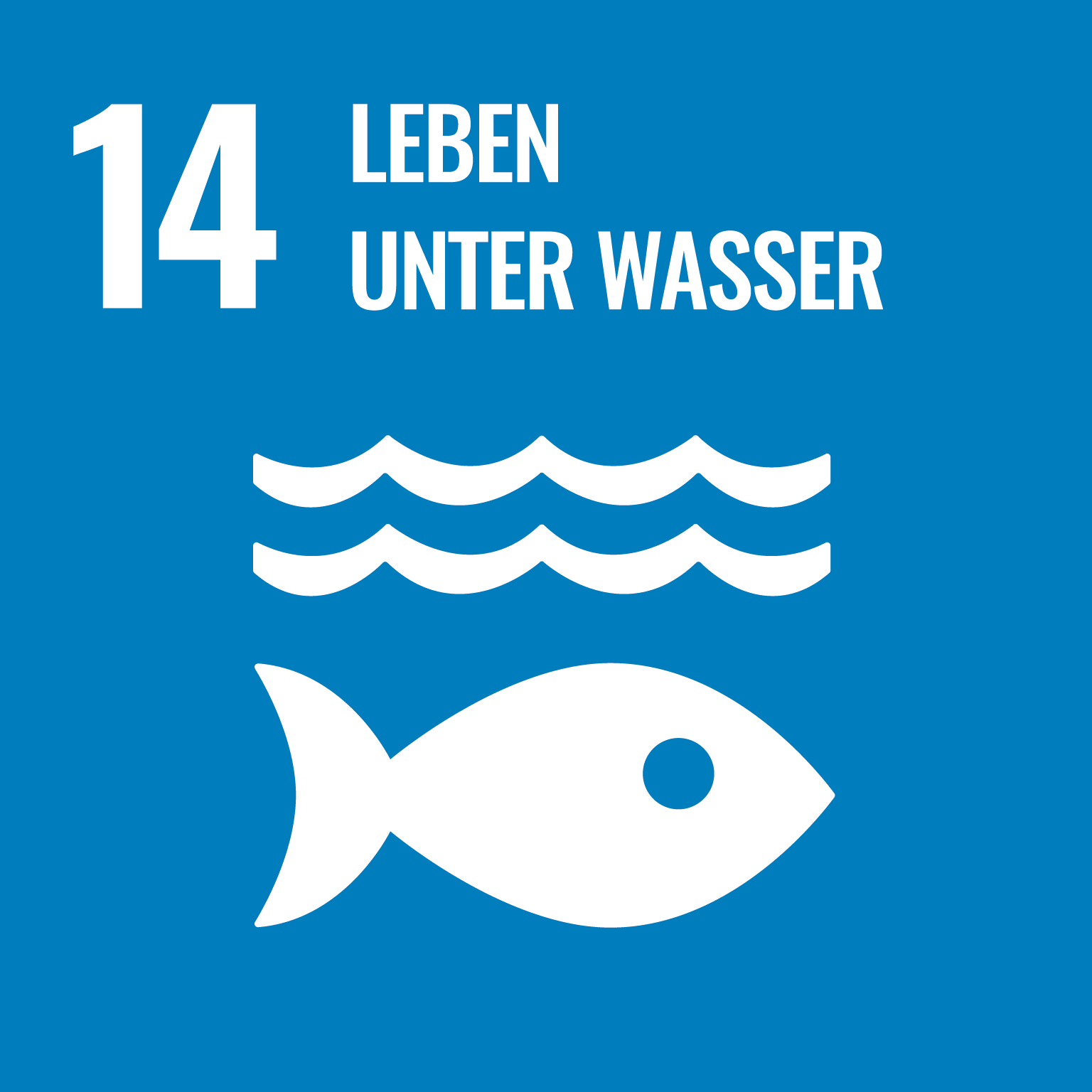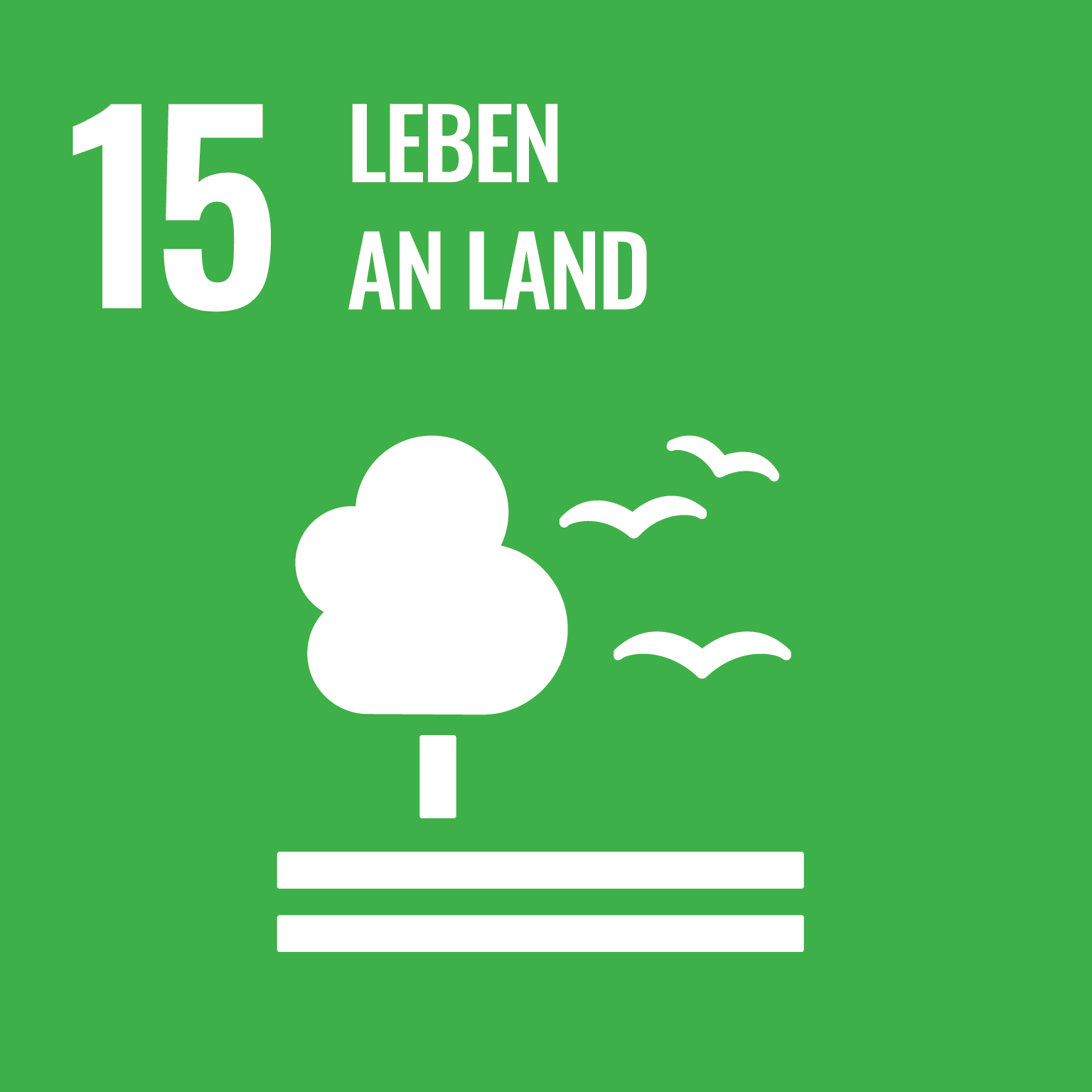SDG Law Tracker - Which laws does the German government implement?
Build resilient infrastructure, promote inclusive and sustainable industrialization, and foster innovation
Our proposals
Does the government plan to implement them?
What is the status?
-
Soil sealing due to transport infrastructure is a serious problem in Germany. In addition to the constant expansion of roads, the construction of new airports also leads to the loss of important soil functions. In addition, the climate impact of air traffic is enormous; no other form of transportation burns as much energy as flying. Studies estimate that the total climate impact of air traffic is 4.9 percent. And this is despite the fact that air travel is only available to a small proportion of the world's population. 90 percent of the world's population has never seen the inside of an airplane. The industrialized countries are the main polluters, but it is mainly people in the Global South and poorer people who suffer from the effects of climate change. To limit air traffic, a first step would be a moratorium on airport construction and expansion, including economic and industrial development projects in favor of air traffic growth, such as "aerotropolis" projects (airport cities) and special economic zones. The needs of people who would be isolated without access to air transportation must be considered separately, and environmentally sound transportation routes must be provided to connect them.
For further reading and discussion:
https://stay-grounded.org/position-paper/position-paper-de/
-
-
Section 15 of the German Federal Nature Conservation Act (BNatSchG) stipulates that interventions by infrastructure projects on land and in the sea must be compensated. In practice, however, often only compensation money is paid. The cause of this undesirable development seems to lie more in consistent implementation and less in the BNatSchG, which clearly gives preference to genuine compensation and replacement measures. It should be examined whether this preference can be formulated even more sharply or more exclusively or whether compensation payments are only permissible for narrowly defined exceptions (e.g. effects on the landscape). The Federal Compensation Ordinance (BKompV), which regulates compensation measures under federal jurisdiction, is also relevant here. The BKompV strongly restricts the compensation requirement in § 4 para.3. According to this, only project effects that result in "a significant impairment of particular severity" are to be taken into account. This high hurdle is not plausible and does not appear to be in line with the requirements of § 15 BNatSchG. Paragraph 3 should be deleted without replacement. §Paragraph 9 of the BKompV further restricts the need for compensation, according to which, according to Paragraph 2, No. 2, no compensation is required if "higher-quality biotopes are created or developed within 5 years" as a result of the intervention. This point 2 should be deleted without replacement, as there is a risk that, for example, artificial reef structures (on foundations, pipelines, etc.) will be considered of higher value. Furthermore, § 15 of the BKompV privileges offshore wind farms (OWP) to the extent that their impacts are already considered compensated by the fact that fishing is excluded in the OWP and within a safety zone. Compensatory and replacement measures are regularly not provided for, certainly also because of the high hurdle mentioned above. Especially in view of the massive expansion of offshore wind power by a factor of five compared to today, which is foreseen in the Wind Energy at Sea Act (WindSeeG), impacts below the materiality threshold "with particular severity" also add up, especially for resting and migratory birds as well as for marine mammals, which increasingly lose habitats undisturbed by underwater noise as well as migration routes. § Section 15 BKompV para. 1 no. 1 and no. 2 should be deleted. In view of the missed targets under the Habitats Directive and the Marine Strategy Framework Directive, a paradigm shift should be introduced in the long term, whereby interventions are not only compensated, but overcompensated by a factor to be determined. There must be a division of responsibility in this regard: The project developer would be responsible for full real compensation, and the federal or state government would be responsible for the amount of overcompensation, depending on the jurisdiction. In order to legally establish overcompensation, § 15 BNatschG as well as the BKompV would have to be amended accordingly.
For further reading and discussion:
https://www.nabu.de/imperia/md/content/nabude/naturschutz/161219-nabu-stellungnahme-novellierung-bundesnaturschutzgesetz.pdf
≈
-
In Germany, everyone is entitled to an Internet connection. However, only modem speeds, i.e., less than 1 Mbit/s, are prescribed. According to the coalition agreement of the 19th legislative period, there is to be a legal entitlement to fast Internet from 2025. This would guarantee everyone in Germany equal participation in the digital world by law. The current amendment to the Telecommunications Act (TKG) stipulates that the Federal Network Agency should use the minimum bandwidth used by at least 80 percent of consumers in Germany to determine the requirements for Internet access service. In addition, the authority is to take into account "national circumstances," in particular planned government funding measures in a particular area or declarations of intent by network operators to expand privately. According to this formulation, the legal right to fast Internet would already be fulfilled when consumers* have access to services such as email, calls, video calls and the use of social media. This is not enough to implement a right to fast Internet for all; instead, a nationwide entitlement to at least 30 Mbit/s as a minimum bandwidth, which must be provided nationwide and increases dynamically, should be enshrined in law.
For further reading and discussion:
https://www.vzbv.de/sites/default/files/downloads/2020/10/12/20-09-23_positionspapier_breitbandversorgung.pdf
✓
-
On June 1, a Verordnung der Bundesnetzagentur über die Mindestanforderungen für das Recht auf Versorgung mit Telekommunikationsdiensten. came into force. From now on, there will be a legal entitlement to be supplied with a minimum range of telecommunications services and a high-speed Internet access service for appropriate social and economic participation.
The minimum speed for downloads is set at 10 megabits per second and for uploads at 1.7 megabits per second. The response time (latency) should not exceed 150 milliseconds. These minimum requirements are considered too unambitious, not least by the Bundesrat. However, the Federal Network Agency will review these values annually and probably raise them.
-
Germany funds research and development to the tune of around 3.2 percent of its gross domestic product each year. In 2019, this amounted to an estimated 109.54 billion euros. Of this, 34 billion euros went to universities and non-university research institutions. Research results from publicly funded research, however, have not yet had to be made public. Products such as drugs, technologies or methods developed with public funding therefore remain in the respective institutions or corporations. Profits generated from this research are privatized. However, publicly funded research and its results should be used in such a way that they bring the greatest possible benefit to society. Results and publications that have been substantially financed with public money must therefore also be accessible to the public. This would also encourage research into promising but less profitable products. The disclosure of research results in the case of research that has been substantially publicly funded must be laid down by law.
For further reading and discussion:
https://netzpolitik.org/2012/freier-zugang-zu-staatlich-finanzierter-wissenschaft-das-ungewohnliche-geschaftsmodell-des-wissenschaftlichen-publizierens/
https://www.destatis.de/DE/Presse/Pressemitteilungen/2021/02/PD21_079_217.html

